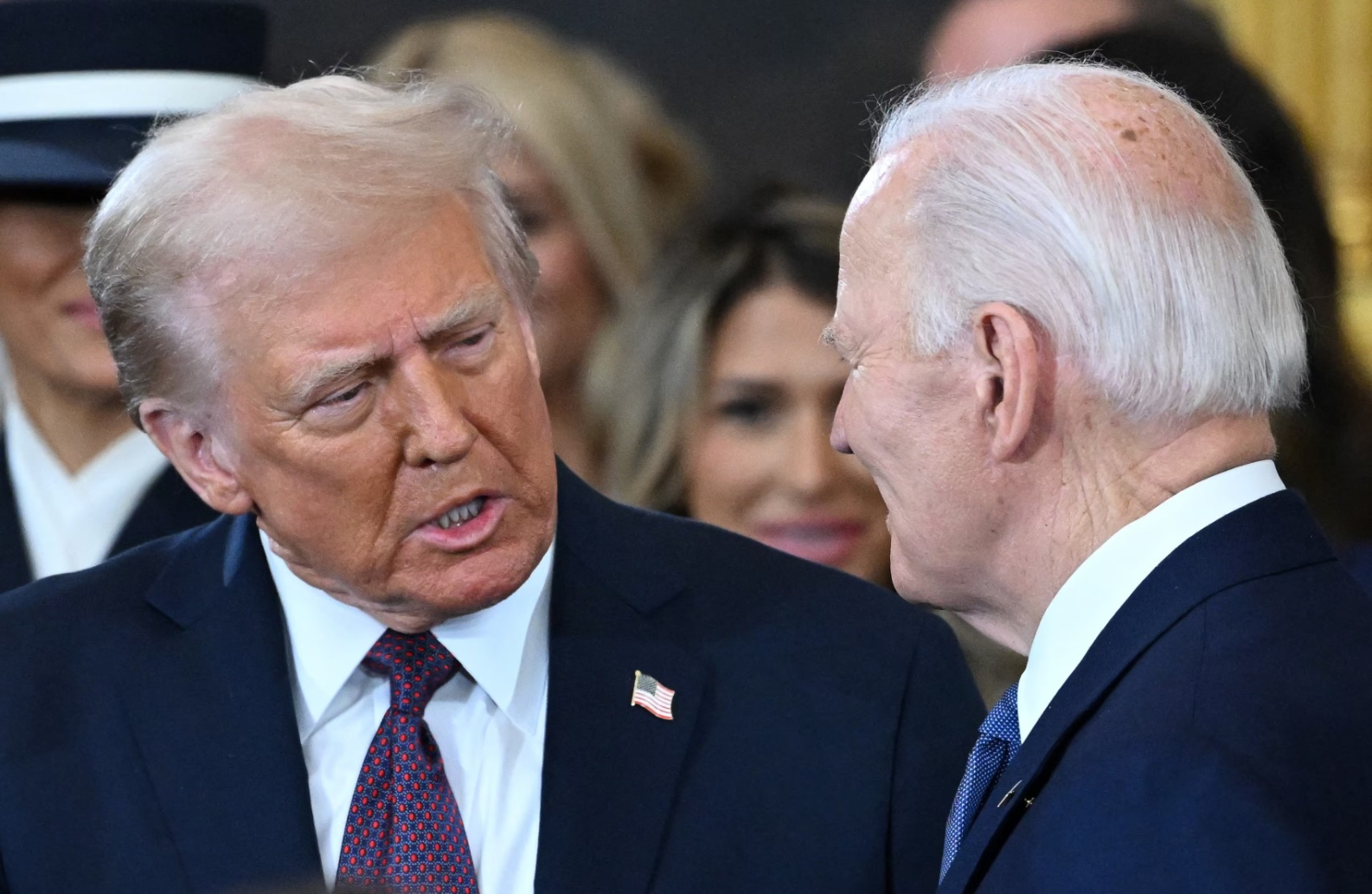Trump Announces End of Secret Service Protection for Biden’s Adult Children, Citing Necessity
In a surprising move, President Donald Trump announced on Monday that the adult children of former President Joe Biden will no longer receive Secret Service protection. The decision was shared via a post on Truth Social, where Trump criticized the extended protection detail for Hunter and Ashley Biden.
Trump’s post highlighted the extensive security measures for Hunter Biden, pointing out that as many as 18 agents had been assigned to his protection, which Trump called excessive. He further stated that effective immediately, Hunter Biden would no longer receive Secret Service protection, extending the same decision to Ashley Biden, who had 13 agents assigned to her.
A spokesperson from the Secret Service confirmed the decision to Fox News Digital, explaining that they would comply with the President’s order and work with the White House to facilitate a smooth transition. Under federal law, former presidents and their spouses receive lifetime protection, but the Secret Service protection for their children typically ends once they turn 16 or when the president leaves office. Both Trump and Biden had extended protection for their children for an additional six months following the end of their terms, a practice aimed at easing the transition into private life.
A Departure from Tradition
President Trump’s decision marks a clear departure from previous practices. By revoking the Secret Service protection for Hunter and Ashley Biden, Trump has faced significant backlash. The move is being viewed by some as an effort to reassert control over what they perceive as government overreach, while others argue it was an unnecessary and politically charged decision.
Trump’s message emphasized that the security details for the Biden children were excessive, arguing that resources could be better allocated toward more pressing national security concerns. Supporters of Trump’s stance argue that the decision reflects a commitment to fairness and that no one should be treated differently due to their political connections.
Context and Broader Implications
Trump’s decision should be viewed in the broader context of his administration’s stance on government accountability and the distribution of resources. This move is part of a broader pattern in which Trump has criticized perceived disparities in government practices, particularly when it comes to political elites receiving benefits that ordinary citizens do not. By targeting the Biden family’s security, Trump has drawn attention to what he sees as privileges that should not be extended beyond what is necessary.
The decision also occurs in the context of broader political shifts. The Trump administration has maintained a firm stance on a variety of national and international issues, from foreign policy to domestic concerns. This directive regarding the Secret Service protection is a symbolic act that aligns with broader themes of government reform and the reevaluation of what benefits are justified for political families.
Legal Framework for Secret Service Protection
The Secret Service’s role is legally defined, with protection being offered to certain individuals based on established guidelines. While former presidents and their spouses receive lifetime protection, coverage for their children typically ends when they turn 16 or when the president leaves office. Trump’s decision does not change the law itself, but rather removes the extended protection for the Biden children, in line with traditional rules. This move serves to highlight the administration’s broader narrative of reducing unnecessary government expenditures and privileges.
The White House has confirmed that it will comply with Trump’s directive and has explained that the move is part of a strategy to ensure resources are focused on the most essential matters. A senior administration official noted that this reallocation of resources is intended to prioritize national security and law enforcement over extended security for family members.
Public Reaction and Political Debate
Trump’s decision has sparked a wide range of reactions from different political factions. Supporters of the move see it as a necessary step in ensuring that no one is above accountability, arguing that political figures should not enjoy special privileges at taxpayer expense. On the other hand, critics argue that this decision is politically motivated and is meant to discredit the Biden family.
Polling shows that Trump’s approval ratings remain relatively steady, with a slight advantage in rural areas. While this decision may have solidified support among Trump’s base, it has also fueled ongoing political debates about fairness, government spending, and the privileges afforded to political families.
Looking Ahead: A Shift in Policy Priorities
Trump’s decision to revoke Secret Service protection for Hunter and Ashley Biden reflects his broader agenda of challenging long-standing political norms and advocating for a more transparent government. This move, while controversial, signals a shift in how the government allocates resources and who qualifies for certain privileges.
For the Biden family, the removal of Secret Service protection represents a significant change, particularly given the history of extended security details for children of former presidents. For Trump’s supporters, it reinforces their belief that government resources should be distributed more equitably. As debates continue over national security and government accountability, actions like these are likely to continue influencing how the public perceives fairness in government decisions.
Conclusion: A Message on Accountability
President Trump’s decision to end Secret Service protection for Hunter and Ashley Biden is a statement on government accountability and the allocation of resources. It reflects a larger political message about the need to reassess government practices and ensure that privileges are not given unnecessarily. While the decision has ignited strong debate, it highlights ongoing discussions about fairness, political influence, and the role of government in providing security.
